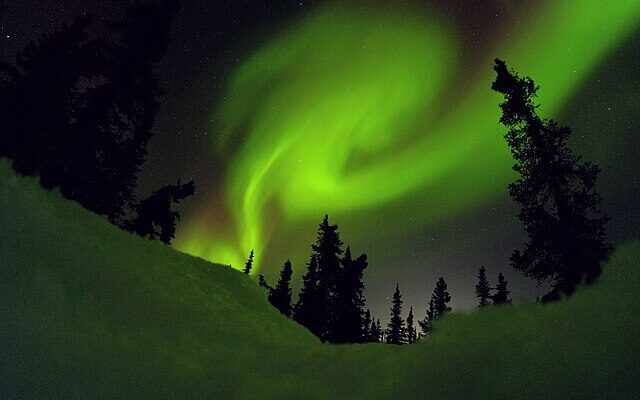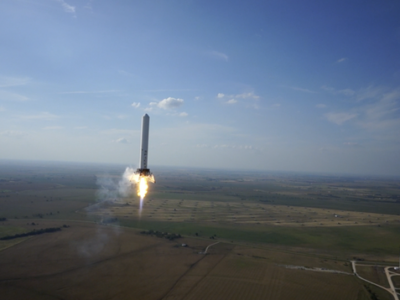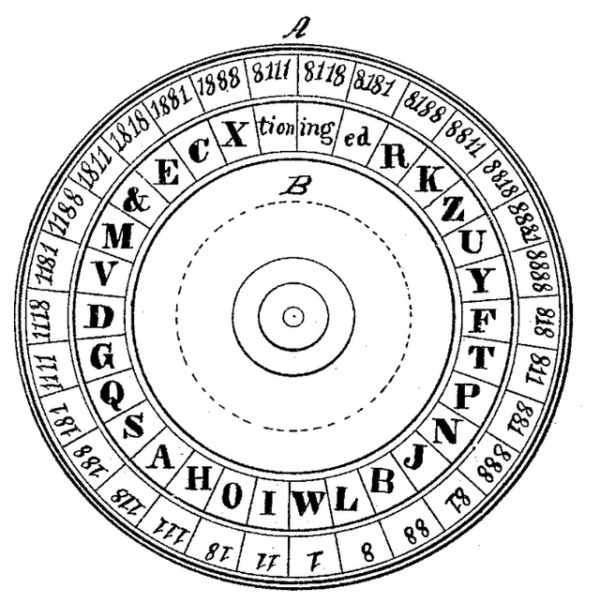
If you’ve ever wanted to see the northern lights, 2024 might be your year. researchers are saying that this year the sun will be more active, which means that it may be putting on quite the show for us Earthlings.
Looks like there might be a run on those special eclipse glasses this year.
NPR reports:
Solar activity is expected to strengthen in 2024, which could activate more frequent displays of the aurora borealis, or the northern lights, according to the National Oceanic and Atmospheric Administration.
The sun is in its 25th solar cycle, a period of activity in its magnetic field that typically lasts about 11 years. The current solar cycle began in December 2019.
Scientists predicted at the start of cycle 25 that that solar activity would be relatively weak, similar to solar cycle 24. But an updated forecast shows the solar maximum, or peak activity, for the current cycle being reached sooner, from January to October 2024, and being much stronger than what was initially forecast.
“The caveat is that although we can say that solar activity is increasing and, based on previous solar cycles, that we should expect to see more examples of space weather, like the aurora, reliably forecasting such events is extremely difficult more than a few days in advance,” Lt. Bryan Brasher, a project manager at the Space Weather Prediction Center, told NPR.
That’s going to be good news for Markus Varik, who’s taking the most beautiful pictures in the world.
The increased activity in the sun also means that the total eclipse that will happen on April 8 will be extra special. The Washington Post writes, “If you haven’t booked your trip to experience the total solar eclipse on April 8 yet, here’s another reason: The sun might put on an extra fun show this time around. This year’s eclipse coincides with a period when the sun will be particularly active — at its most bustling in two decades.
In fact, the active sun will look very spiky, like a ‘very irritated little hedgehog,’ solar physicist Scott McIntosh said.
‘In some ways, the sun’s more artistic or more complicated during a maximum,’ said Kelly Korreck, NASA program manager for the 2024 total solar eclipse. ‘So being able to see that with your own eyes, it’s going to be very interesting.’”
[Read More: Weirdest WWII Artifact Going Up For Sale]









